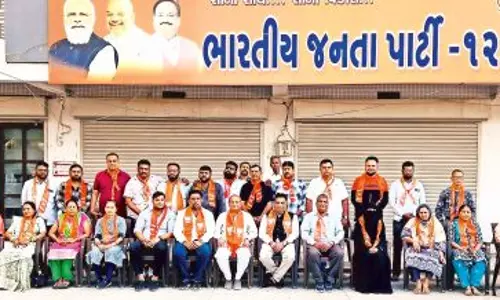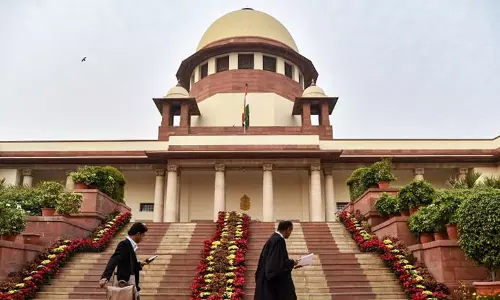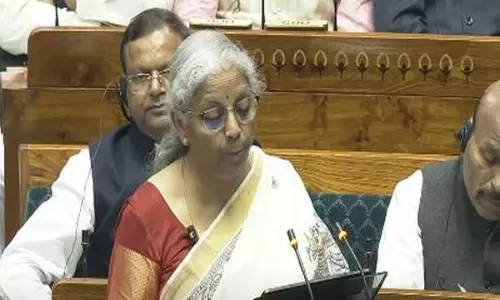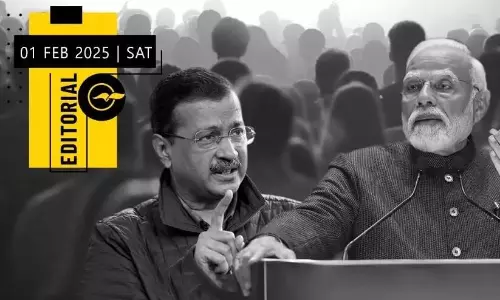
Centre slaps 18% GST on Malayalis' own delicacy "Pazhampori"
text_fieldsKochi: The prominent among Malayali staple snacks, the ‘Pazhampori’(Banana Fritters)- also known as ‘Vazhakkappam’ or ‘Ethakkappam’ depending on the region where one is in Kerala- is going to be a bit costlier as an 18 per cent GST is imposed on the delicacy, which has great cultural prominence in the state. Meanwhile, another item, ‘Unni appam’, is placed on the 5 per cent GST slab.
The news has invited a significant uproar on social media, and a large count of fans expressed their disappointment with the space writing and commenting using witty lines.
Some people commented that they would give the delicacy a different name so that no one could tax them. Some others wondered if they prepared the item at home and if there would be raids by Central probe agencies. Another netizen commented that they will charged if they prepare “Pazhampori” at home, adding that there is no one to check the current regime in the country. He also wondered what India would be if it was under a dictatorship while already suffering under a democracy.
A user commented, “Nirmala needs to quit India!...”
The New Indian Express reported that the Bakers Association Kerala said that traditional snacks such as ‘pazhampori’, ‘vada’, ‘ada’, and ‘kozhukatta’ are subjected to differential treatment due to differences arising on account of the classification of products under the Harmonized System of Nomenclature (HSN). Although HSN codes are standardised globally by the World Customs Organisation, countries can set their own tax rates for each code, and the GST council controls decisions on these in India.























